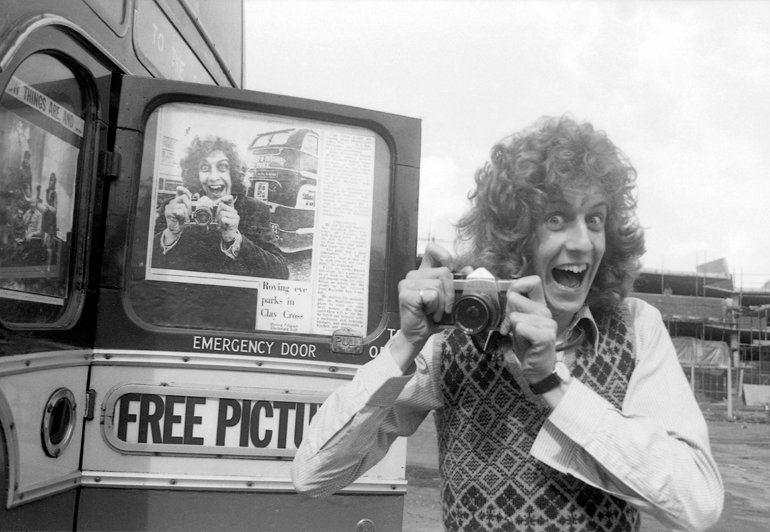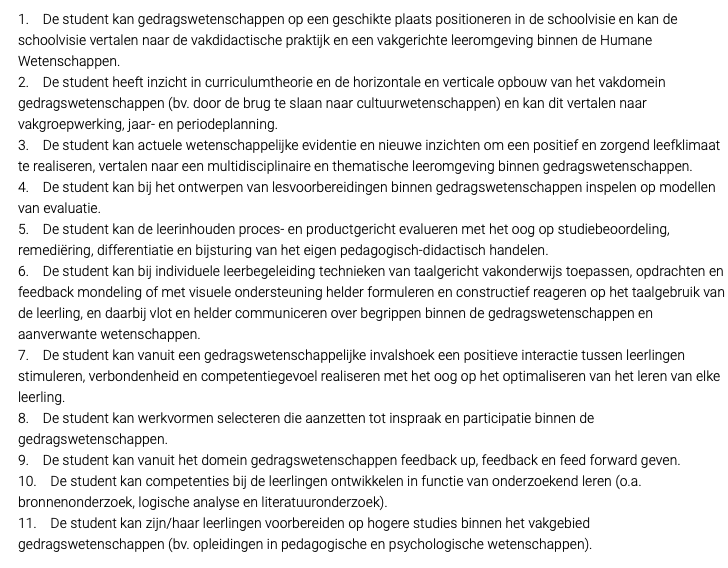Digital
Storytelling
Workshop

Mary-Ann Isaacs
Session Objectives
Distinguish the relationship between, and the relevance of digital storytelling and Critical thinking.
Understand the assessment process that will be carried on the course.
#1
#2

What do we know?

Watch the next videos and think:
What did the maker of the video learn?




What is Digital Storytelling?


Digital Storytelling is an educational strategy that uses ICT to tell stories focusing on a specific topic with a particular point of view.
Daniel Meadows (2003)

- Selecting a topic
- Conducting research
- Writing scripts
- Developing an interesting story

What is Critical Thinking?

Critical Thinking is reasonable and reflective thinking focused on deciding what to belive or do".
Robert H. Ennis (1962)


CRITICAL THINKING
Dispositions
Abilities
Care to understand and present a position honestly and clearly.
Care about every person
Care that their beliefs be true, and that their decisions be justified.
#1
#2
#3
Basic clarification
#1
Bases for decisions
#2
Inference
#3
Advance clarification
#4
Suppositions and integration
#5
Auxiliary abilities
#6

Robert H. Ennis (1962)

Basic clarification
Bases for a decision
Inference
Focus on a question
Analyse arguments
Ask answer clarification and/or change the question
Judge the credibility of a source
Observe and judge observation reports
Deduce and judge deduction
Make and judge value judgments important facts
Make material inferences

Why do you think is essential to work critical thinking in a specific way in the classroom?

The link

The dynamic process of creating digital stories develops a deeper connection with the subject matter being learned.
What is the relation between CT-DST?
digital storytelling can stimulate critical thought, and because of the nature of the activity where students need to connect and reflect on the subject matter being learned deeply, they involve critical examinations drawing parallels between controversial issues such as religion and belief systems in society, among other subjects.
A. Burke and S. Hardware, "Honouring ESL students' lived experiences in school learning with multiliteracies pedagogy," Language Culture and Curriculum, vol. 28, no. 2, pp. 143-157, May 2015, doi: 10.1080/07908318.2015.1027214.
Y. T. C. Yang and W. C. I. Wu, "Digital storytelling for enhancing student academic achievement, critical thinking, and learning motivation: A year-long experimental study," Computers & Education, vol. 59, no. 2, pp. 339-352, Sep 2012, doi: 10.1016/j.compedu.2011.12.012.

21st Century Skills reported while using digital storytelling
Isaacs & Tondeur (2020)


Think about the curriculum... Can you see topics that can be worked using this strategy?



Activity Description
-
To reflect on the pedagogical experiences lived on your internship in the light of the different contents viewed on the course.
-
To value assessments modalities that challenge traditional learning environments.
Objectives:

- This will be part of a PhD Research process.
- The use of the data will be voluntary.
- In Session #2 those willing to participate will sign the consent.
Disclosure:

- To be able to analyse, clarify, and understand what is being claimed.
- To be able to evaluate the reasonableness of the argument.
- To articulate their reasoned judgements in the created product.
Critical thinking specific objectives:

S. Bailin , R. Case , J. Coombs & L. Daniels, (2010).
Approach
SESSION #1: Presenting and explaining the task

How is going to be carried (sessions, workload, mandatory and optional activities)
Process
Evaluation
SESSION product:
Understanding. Initial tasks.
Critical thinking and why is important?
Digital Storytelling and why is useful?
Expected product, evaluation criteria.
Initial tasks
Homework
Considerations
End of February
The critical thinking process to create knowledge
SESSION #2: THE ELEMENTS OF THE STORy

How we create knowledge?
Why critical thinking is relevant in Flemish education?
Guide to a reasonable and reflecting thinking
Thinking about our thinking.
Thinking about our creating process.
Group sharing and feedback
Sharing and collaborating while creating
SESSION product:
The concept that will be addressed. The "plot" of your story.
End of March
Storyboard
SESSION #3: Composing the story

Giving structure and coherence to the story.
What about the images?
The script
Giving the story a clear narrative
Group sharing and feedback
How the story respond to the critical thinking process?
SESSION product:
Storyboard with ideas of the visual elements. A draft of the script.
End of April
Software
SESSION #4: for Creation (optional)

Recording
SESSION product:
Draft of the video (ideally finish)
Q&A
*The department has iPads to lend to this task
May

Specifiek voor GW/PPW
Rode draad
JOUW persoonlijke kijk
op een Positief en inclusief leefklimaat GW/PPW
- Vanuit jouw praktijkervaringen - = Vervolg van de integratietaak KLO
Specifiek voor vakdidactiek GW/PPW
-
kader jouw Digital story expliciet in het teken van pil
-
selecteer desgewenst een of meer ECTS-doelen van dit opleidingsonderdeel
-
integreer waar mogelijk de inzichten uit deze of andere leerlijnen
-
Ook de leerinhouden uit jouw opleiding (psychologie, agogiek, onderwijskunde, ...) kunnen aan bod komen


Overzicht van de doelen

Specifiek voor Cultuurwetenschappen
Bouwstenen van de sleutelcompetentie BURGERSCHAP
1.Identiteit: dynamiek en gelaagdheid van (eigen) identiteiten & impact op relaties. Concepten verbondenheid, solidariteit, discriminatie en wij-zij-denken.
2.Diversiteit in de klas: constructief denken, wederkerigheid, kritisch reflecteren over voordelen en uitdagingen verbonden aan diversiteit. Mechanismen achter onverdraagzaamheid, discriminatie en racisme, zowel op basis van historische als actuele voorbeelden.
3.Leerlingen gaan in dialoog: geïnformeerd, beargumenteerd en constructief in dialoog gaan met elkaar. Onderscheid feiten en mening, realiteit en fictie.

Bouwstenen van de sleutelcompetentie BURGERSCHAP
4. Deel zijn van onze samenleving: actief participeren aan de samenleving; ze leren over inspraak, participatie en besluitvorming.
5. Aandacht voor duurzaamheid: wederzijdse invloed tussen maatschappelijke ontwikkelingen en de impact ervan op de (globale) samenleving. Duurzaamheidskwesties.
6. Leren over ons politiek systeem: democratische besluitvorming lokaal, nationaal en internationaal.
7. Belang van democratie: inzicht in democratische principes en cultuur. Mensen- en kinderrechten, sociale rechtvaardigheid, welvaartsstaat, rechtsstaat, werking van het rechtssysteem.


Evaluation

Initial Tasks
start looking for themes to work on
start gathering information and resources

Considerations:
Always ask for permission to take pictures or record video/audio.


Digital Storytelling 1 - 2021
By idlovub
Digital Storytelling 1 - 2021
Session #1
- 537



